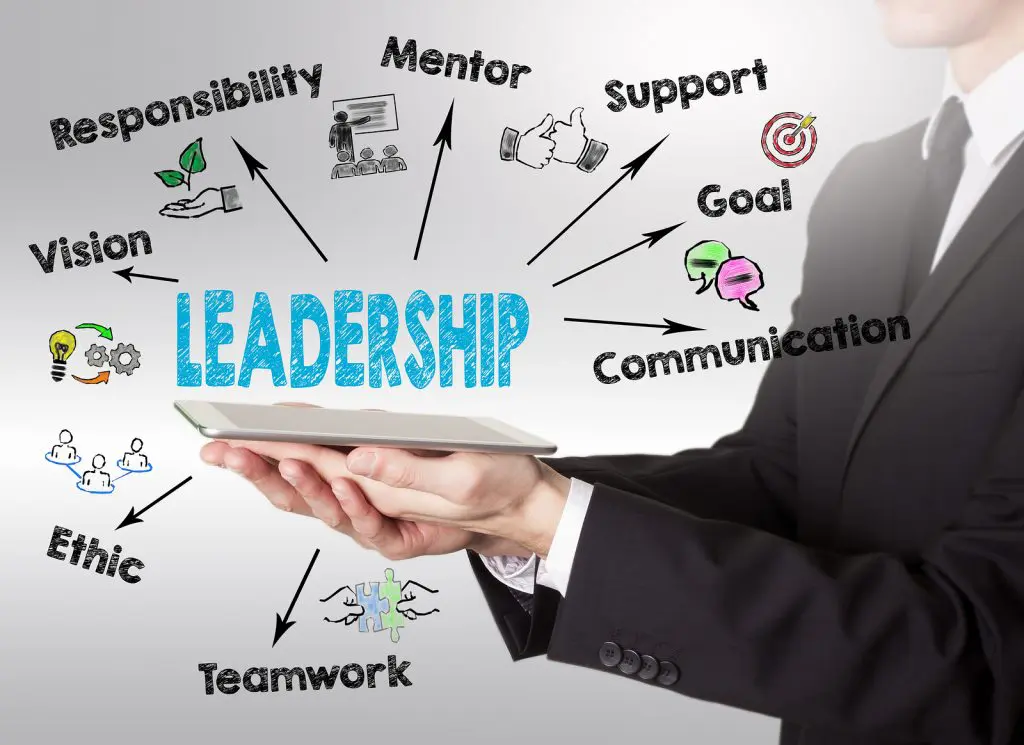In a recent podcast on HBR on Strategy, Professor Arjan Singh’s insights on corporate wargaming reveal why ‘Start with WHY’ matters more than ever. Here’s what most leaders miss—they are so focused on winning today’s battle, they forget to ask why they are fighting it.
The Golden Circle of Strategic Warfare
When Singh describes corporate wargaming, it is not just about business simulations. He is revealing something profound about human nature: we are terrible at imagining our own failure. The companies that truly thrive are not those asking, “How do we beat the competition?” They are asking, “Why might we lose everything?”
He said, Kodak didn’t fall because they lacked technology. Blockbuster didn’t vanish because they couldn’t adapt. These giants collapsed because they stopped questioning their fundamental assumptions about why customers valued them. They defined their battle too narrowly.
The Infinite Game of Strategic Thinking
Business is an infinite game—the purpose isn’t to win once, but to keep playing. Singh’s “Battle for Mobility” exercise perfectly illustrates this. Traditional automakers compete for market share. Tesla fights for innovation leadership. Uber battles for customer experience. Waymo pursues technological supremacy.
Each player defines victory differently because they understand their unique “why.” The magic happens when you step into their shoes and grasp what drives them. This isn’t about copying their tactics—it’s about understanding their deeper purpose.
Leaders Eat Last… Except When It Comes to Comfort
Here’s where most organisations fail catastrophically. Singh mentions the cultural barriers: “Some organisations are not comfortable having their assumptions challenged.” This is precisely where leadership courage becomes essential.
The best leaders don’t protect their ego; they protect their organisation’s future by embracing uncomfortable conversations today. When Singh’s pharmaceutical client initially resisted the FDA rejection scenario, saying “that would never happen,” they were protecting their comfort, not their company.
The Trust Factor in Strategic Planning
When teams engage in wargaming together, something beautiful happens. They are not receiving strategy from consultants; they are creating it together. The playbook that emerges isn’t imposed from above; it’s owned by the people who must execute it.
Singh’s pharmaceutical example is telling. When the FDA actually rejected that billion-dollar drug, the team didn’t panic. They had their playbook. They had already imagined failure and prepared for it. That’s not pessimism—that’s prudent leadership.
Why Time Investment Trumps Time Pressure
“Can we do this in two hours?” Singh constantly hears this question, and his response cuts to the heart of our productivity obsession. We are so busy executing today’s plan that we forget to question whether it’s the right plan for tomorrow’s reality.
The companies that dedicate eight to twelve hours for strategic wargaming aren’t wasting time; they are investing in clarity. They understand that an hour of strategic thinking can save months of misdirected effort. Some companies even conduct weekly sessions when billions are at stake.
(A larger percentage of Help to Grow Management Programme Alumni acknowledged that one-day commitment for 12 weeks is the biggest investment they have ever made for their personal growth as well as for their business: Help to Grow: Management Course | Kingston University)
The Infinite Mindset in Action
The most successful wargaming isn’t a one-off exercise—it’s woven into the organisation’s DNA. Singh’s 2017 travel industry simulation predicted a scenario remarkably similar to COVID. Not through crystal ball gazing, but by asking the right question: “What if our fundamental assumption about continuous travel growth is wrong?”
Every company in that room had built their strategy on one assumption—that travel would keep booming. When that assumption crumbled, so did their strategies. Those who had prepared for the unthinkable survived. Those who hadn’t, didn’t.
Starting with Why Changes Everything
Corporate wargaming, at its essence, is about rediscovering your why in the face of uncertainty. It’s about admitting that your current strategy might be built on assumptions that are no longer valid. It’s about having the courage to imagine failure so you can build resilience.
The question isn’t whether you’ll face competitive disruption—it’s whether you’ll be ready when it arrives. And readiness begins with one simple word: Why?
Why do you exist? Why do customers choose you? Why might that change? And why aren’t you preparing for it right now?
Start with why. The rest will follow.
(A larger percentage OF Help to Grow Management Programme Alumni at Kingston Business School has acknowledged that one-day commitment for 12 weeks is the biggest investment they have ever made for their personal growth as well as for their business: Help to Grow: Management Course | Kingston University)









